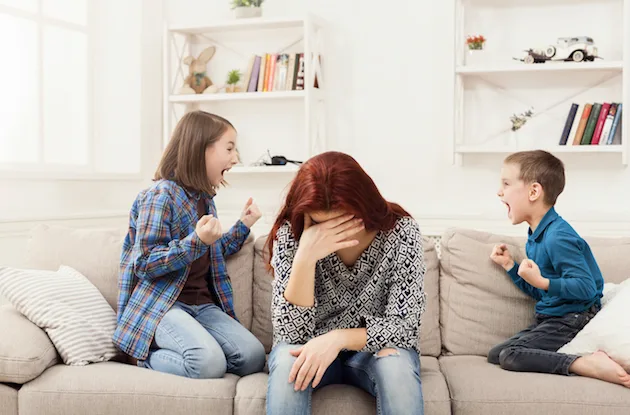It was almost in slow motion that Jeanette watched her favorite bowl fall — at least until the crash and shatter into thousands of pieces. Eight-year-old Emily stopped twirling and stood frozen, partly in fear of being hurt by broken glass, but mostly because she realized that her elbow had just knocked over her mother’s beloved heirloom. Jeanette cannot replace her bowl. So what is the best way for her to communicate her feelings to Emily? Should Emily face a consequence? Should all be forgotten? Are you just not sure? 
If you’re confused, you’re not alone. It is normal to feel angry when your child accidentally or carelessly breaks or ruins a precious object. However, an impulsive expression of anger will likely cause your child to feel guilty with no way to correct the situation. Just as importantly, anger is a missed opportunity to teach your child about love — the love you feel for the lost or damaged item, but more importantly, the love you have for your child, no matter what he or she may do wrong. A response without anger offers an opportunity to teach and model some of the key components of any loving relationship: empathy, apology and forgiveness.
By teaching him to express these genuinely and freely, your child will become better able to give love, and be more open to receiving it as well. To begin, don’t be afraid to tell your child (without anger) that you’re sad and disappointed the object is broken. It is normal and healthy for your child to feel upset and even a little guilty, since he was the one who caused the accident. Explain that your feelings are the same as when something that he loves breaks by accident — if possible, remind him of a specific incident, e.g., when a sibling broke his favorite toy. This will help him learn empathy for how you are feeling. Next, tell your child that you will feel much better if he gives you a hug and says he’s sorry. Explain that when someone apologizes for what he did — even if it was an accident — it helps the other person feel better, and takes away angry and sad feelings. Teach him that ‘I am sorry’ are very powerful words — as long as you mean them!
An older child may even offer to pay for or replace the broken item. Your first inclination might be to say no. However, allowing your child to give you a symbolic amount of money or to replace the object (even imperfectly) offers her the chance to practice the skills of empathy and apology in a meaningful way, and lets her feel she has done something to earn your forgiveness. To this end, it is important to forgive your child immediately when he apologizes to you. Holding a grudge is not emotionally healthy for either of you; it makes you angry, and it causes your child guilt. What’s more, forgiveness is one of the most important life lessons you can teach your child. Love can’t exist without forgiveness.
DR. SUSAN BARTELL is a nationally recognized child, teen and parenting psychologist and award-winning author. Her latest book is Healthy Kids The Easy Way. You can learn more about Dr. Bartell at www.drsusanbartell.com.





















